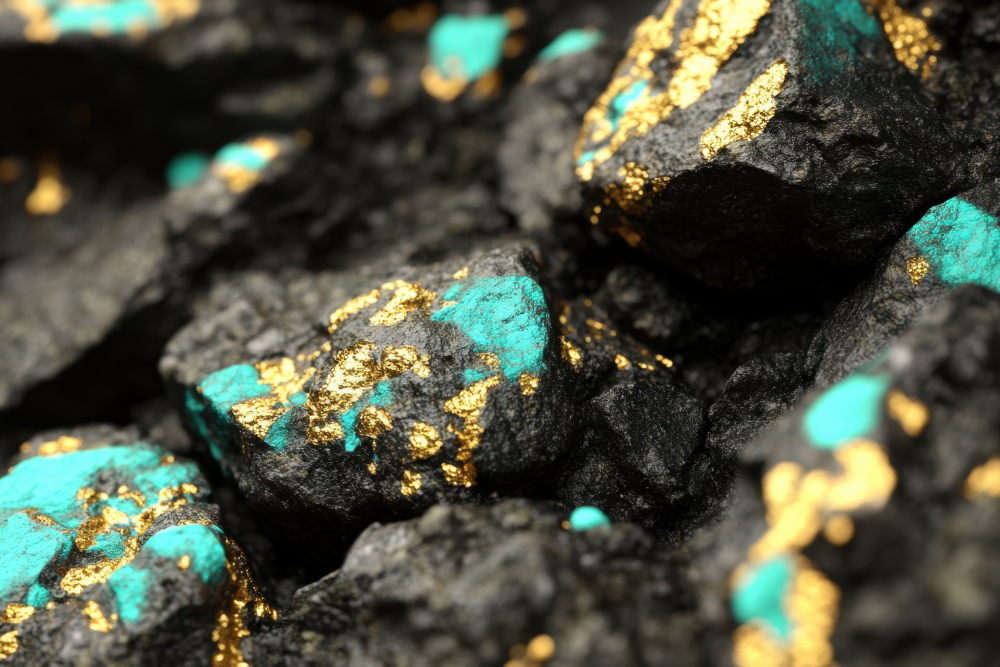
As the U.S. looks to take direct stakes in Australian rare earth producers, Datt Capital’s Emanuel Datt explores what this means for ASX-listed critical mineral stocks and long-term investors.
~ 3 min. read
By: Datt Capital

As Anthony Albanese lands in Washington to meet Donald Trump, speculation is mounting that the White House could soon take direct stakes in Australian critical minerals producers, a move that may reshape the US–Australia alliance.
The Trump administration has redefined industrial policy by investing directly in strategic companies.
Through the Department of Defense and Department of Energy, Washington has already taken stakes in MP Materials, Canada’s Lithium Americas, and Trilogy Metals, a series of deals designed to rebuild domestic control over supply chains vital to national security.
The logic is clear. The U.S. remains heavily dependent on China for the processing of rare earths and key battery metals. Beijing still supplies around 70% of U.S. rare earth imports and controls nearly 90% of processing capacity, giving it significant leverage over industries from electric vehicles and semiconductors to weapons systems.
Trump’s response has been what analysts call “strategic capitalism”, a deliberate break from free-market orthodoxy in favour of state-backed investment. The aim is to secure supply chains, reindustrialise the U.S., and protect critical industries from geopolitical shocks.
This shift highlights the importance of discipline and long-term thinking, themes explored further in Why Patience Matters in Volatile Markets.
Australia, like Canada, is emerging as a key partner in that strategy.
Albanese’s meeting with Trump, alongside Resources Minister Madeleine King and Industry and Innovation Minister Tim Ayres, is expected to progress a critical minerals collaboration that could include price floors, government-backed loans, and direct U.S. investment in Australian projects.
The timing is telling.
Just as Albanese arrived in Washington, NSW-based Larvotto Resources received a $723 million takeover bid from United States Antimony Company, one of America’s fastest-rising critical minerals players. The all-scrip deal represents an 86.6% premium to the undisturbed closing price of 75 cents on 30 September 2025.
While non-binding, the proposal highlights growing U.S. appetite for Australian assets and suggests that Washington’s next wave of strategic investments could emerge from both public and private channels.
According to Emanuel Datt, Founder of Datt Capital, U.S. attention toward Australian rare earth producers is driven by necessity.
“The White House has explicitly signalled a shift toward taking equity stakes in ‘strategic’ supply chains to counter China,” says Datt.
“This demonstrates that the U.S. is taking critical steps to reduce its reliance on Chinese supply chains to enhance its strategic security.”
Datt believes the decoupling of Western and Asian supply chains will be gradual but genuine - a sustained effort to diversify rare earth sourcing over time.
So, which ASX companies might fit the U.S. investment playbook?
Datt adds that his funds remain diversified across existing producers and high-quality developers, with one favoured exposure being WA1 Resources (ASX: WA1), a niobium-focused developer he describes as holding “a highly valuable, extremely strategic compound used in advanced defence applications.”
“In the current market environment, we think of rare earth exposures as bearing upside from a lower cost of capital, offtake certainty, and a geopolitical premium for well-located assets,” he says.
With interest in the sector intensifying, here’s a snapshot of ASX-listed rare earth and critical minerals companies that may be on Washington’s radar.
Performance as at 20 October 2025 (Source: Market Index).
As valuations across the sector continue to rise, investors should remain aware that sentiment can shift quickly with every policy development or geopolitical headline. There’s no certainty that a deal will proceed, but the trend toward strategic investment is unmistakable.
The growing intersection between policy and capital markets reinforces the need for disciplined, research-led investing. As global alliances evolve, identifying high-quality, undervalued companies in strategic sectors remains central to Datt Capital’s process. For more insights on Australian small companies and absolute return strategies, explore the Investment Insights Hub.